Search
Remove Ads
Advertisement
Summary 
Loading AI-generated summary based on World History Encyclopedia articles ...
Search Results
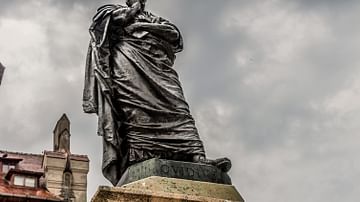
Definition
Ovid
Publius Ovidius Naso, more commonly known to history as Ovid (43 BCE - 17 CE), was one of the most prolific writers of the early Roman Empire. His works of poetry, mostly written in the form of elegiac couplets, influenced many of the great...
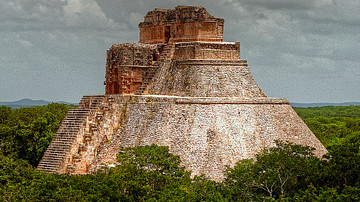
Collection
Changing Worlds: Climate & Disaster in Antiquity
Although climate change has today become a much bigger and more globalized problem than in the past, ancient peoples did have to contend with local events that severely disrupted or even ended their way of life as they knew it. A long series...

Video
Robinson Crusoe | Oxford World's Classics
Robinson Crusoe by Daniel Defoe (Edited by Thomas Keymer and co-annotator James Kelly) https://global.oup.com/academic/product/robinson-crusoe-9780199553976 Script: Thomas Keymer Series Producers: Harry Orme, Eleanor Chilvers and...
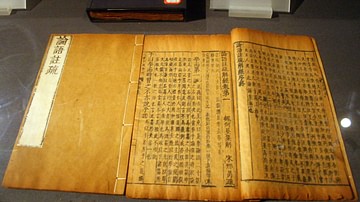
Definition
Confucianism
Confucianism is a philosophy developed in 6th-century BCE China, which is considered by some a secular-humanist belief system, by some a religion, and by others a social code. The broad range of subjects touched on by Confucianism lends itself...

Image
Ovid
Statue of Ovid in Constanta, Romania, where he spent his later years in exile.
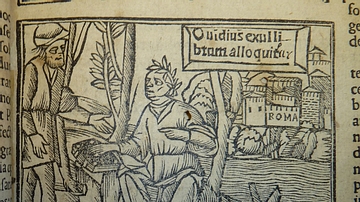
Image
Ovid Exiled
16th-century CE edition of Ovid's Tristia from Venice.
Penn Libraries, Rare Book Collection
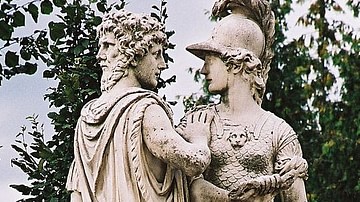
Definition
Roman Mythology
The ancient Romans had a rich mythology and, while much of it was derived from their neighbors and predecessors, the Greeks, it still defined the rich history of the Roman people as they eventually grew into an empire. Roman writers such...
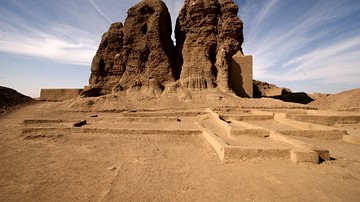
Article
Interrelations of Kerma and Pharaonic Egypt
The vacillating nature of Ancient Egypt's associations with the Kingdom of Kerma may be described as one of expansion and contraction; a virtual tug-of-war between rival cultures. Structural changes in Egypt's administration led to alternating...
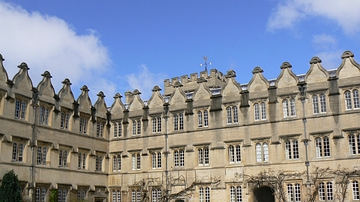
Image
Jesus College, Oxford
The second quadrangle at Jesus College, Oxford. Part of Oxford University, the college was founded in 1571 CE during the reign of Elizabeth I of England (r. 1558-1603 CE). The second quadrangle was built in the 17th century CE.
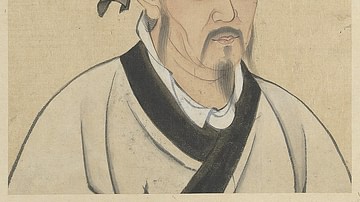
Definition
Mencius
Mencius (l. 372-289 BCE, also known as Mang-Tze or Mang-Tzu) was a Confucian philosopher during The Warring States Period in China (c. 481-221 BCE) and is considered the greatest after Confucius himself for his interpretation, formulation...